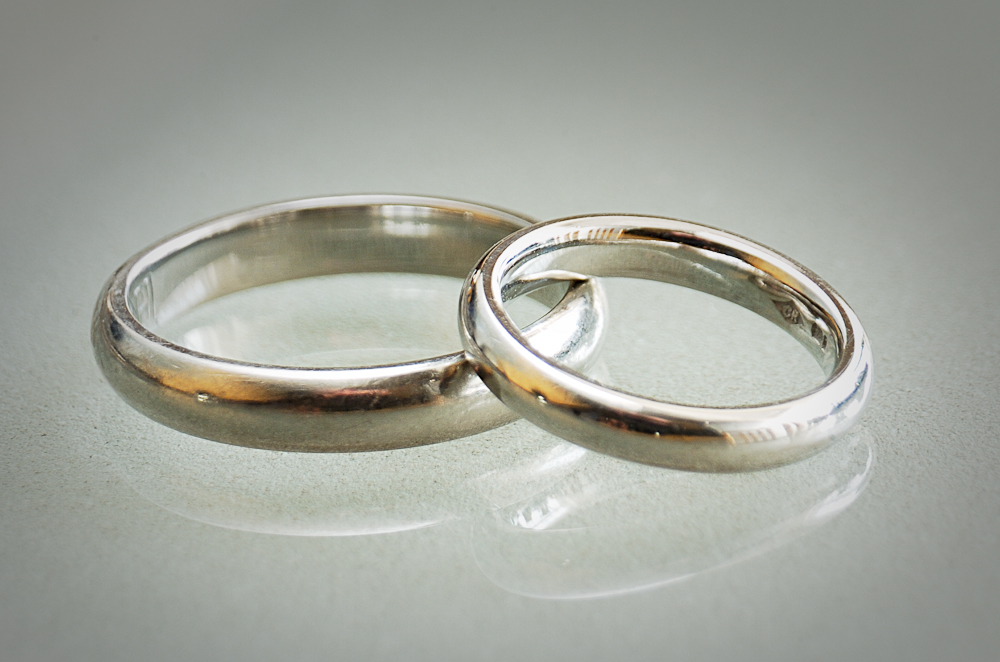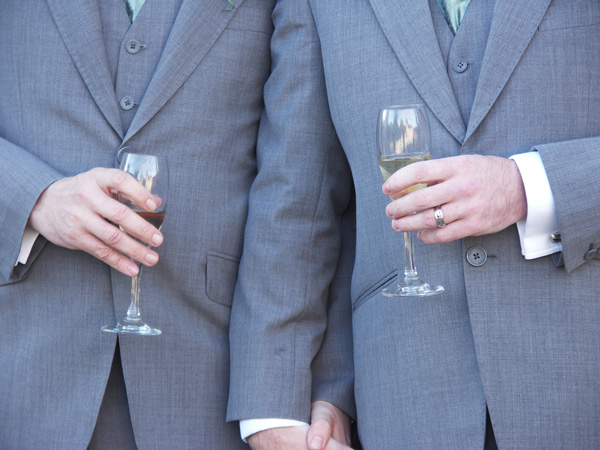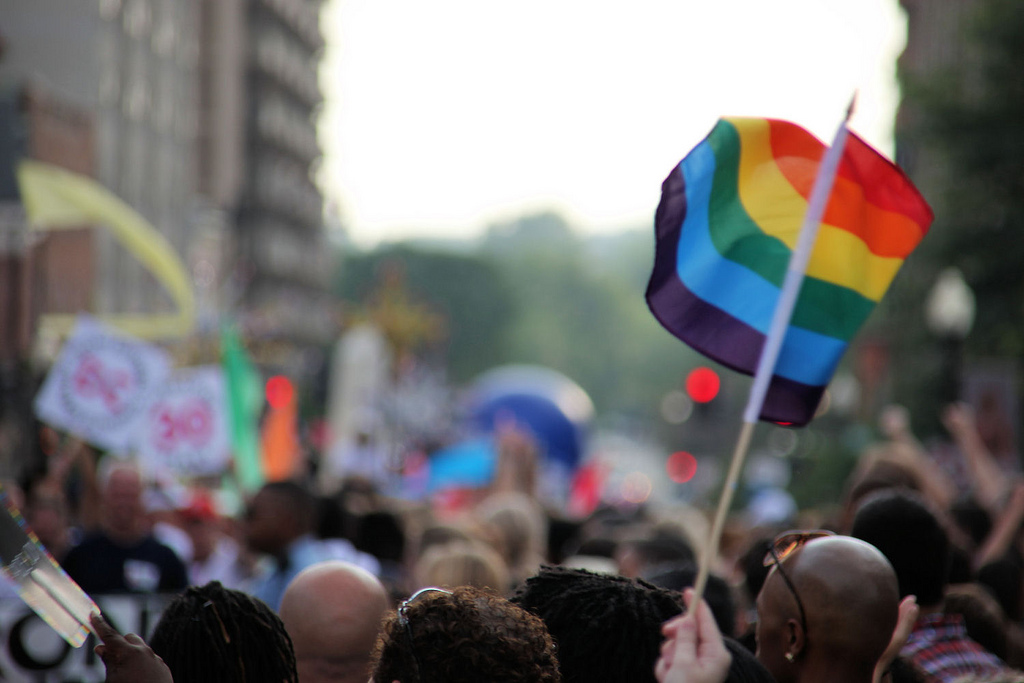Love is love. If you are lucky enough to find it, does the law let you declare it to the world through the institutions of marriage or civil partnership?
What are civil partnerships?
In 2004, a new law allowed same-sex couples in the United Kingdom to enter into civil partnerships for the first time.
These partnerships are very similar to marriage, but not identical. They include the same rights and responsibilities as married couples in many areas including tax, social security and inheritance. However, civil partnerships were a new legal relationship, distinct from marriage, exclusively for same-sex couples.
In 2015, a heterosexual couple brought a legal challenge because they believed that the law discriminated against them, since they were not able to enter into a civil partnership. They lost their case.
Who can get married?

There is a right to marry under the European Convention on Human Rights, but this only extends to marriage between ‘men and women’ – states are free to determine their own laws on same-sex marriage.
In 2014, a law was introduced allowing same-sex couples in England and Wales to get married. Another law passed at the same time permitted same-sex couples to marry in Scotland.
So, same-sex couples in England, Scotland and Wales now have options for a legally recognised relationship: to get married or form a civil partnership. But there remain several differences between the two options…
The role of religion
Civil partnerships may not include religious readings, music or symbols. Civil partnership ceremonies may be conducted by someone from a non-religious belief organisation, such as the humanists. Non-belief organisations are not allowed to conduct marriages.
A marriage ceremony may be religious but certain religious bodies may not wish to conduct same-sex marriage ceremonies according to their rites. They may not have to, and this is to protect another human right – freedom of religion and conscience.
Other differences

In relation to state pensions, it doesn’t make any difference whether you are married or in a civil partnership. Same-sex couples are treated equally. However, in relation to occupational pension schemes, if your same-sex partner dies, you may not be entitled to any pension rights which accrued prior to 5 December 2005.
If you are married, you may be permitted to get a divorce in the event of your spouse’s adultery (defined as sexual intercourse with someone of the opposite sex outside of marriage). Adultery can be used this as a ground for divorce in marriage, but not a civil partnership.
How have human rights helped gay people to access marriage and civil partnership?

Human rights have led to massive changes in the law for lesbian and gay people. A person’s sexual orientation is an important aspect of their identity, protected by the right to respect for private and family life. This right is guaranteed under the European Convention on Human Rights, which takes effect in UK law through the Human Rights Act.
The European Court of Human Rights has said European Convention on Human Rights does not place an obligation on states to grant same-sex couples access to marriage. But it was a breach of the right to private and family life for a state to exclude same-sex couples from civil unions, while heterosexual couples were permitted to access them.
In 2015, the European Court of Human Rights declared that Italy fell short of its human rights duties because its laws failed to permit same-sex couples to marry or have their relationship protected by a legally recognised civil union. The Court said that legal recognition of same-sex relationships has an “intrinsic value” and brings “a sense of legitimacy to same-sex couples”.
But there is more to do…
As of July 2015, only 24 of the 47 states signed up to the European Convention on Human Rights had created legislation permitting same-sex couples to have their relationship recognised as a legal marriage or form of civil union or registered partnership.
Having the relationship with the person you love recognised and protected in law is hugely important. It is a clear demonstration of social acceptance of a person’s identity and, fundamentally, it treats people with equal dignity and respect.
Learn more about the right to private and family life, the right to marry and the prohibition on discrimination by clicking the links in this paragraph. Take a look at our resources on how human rights protect families and promote equality.






